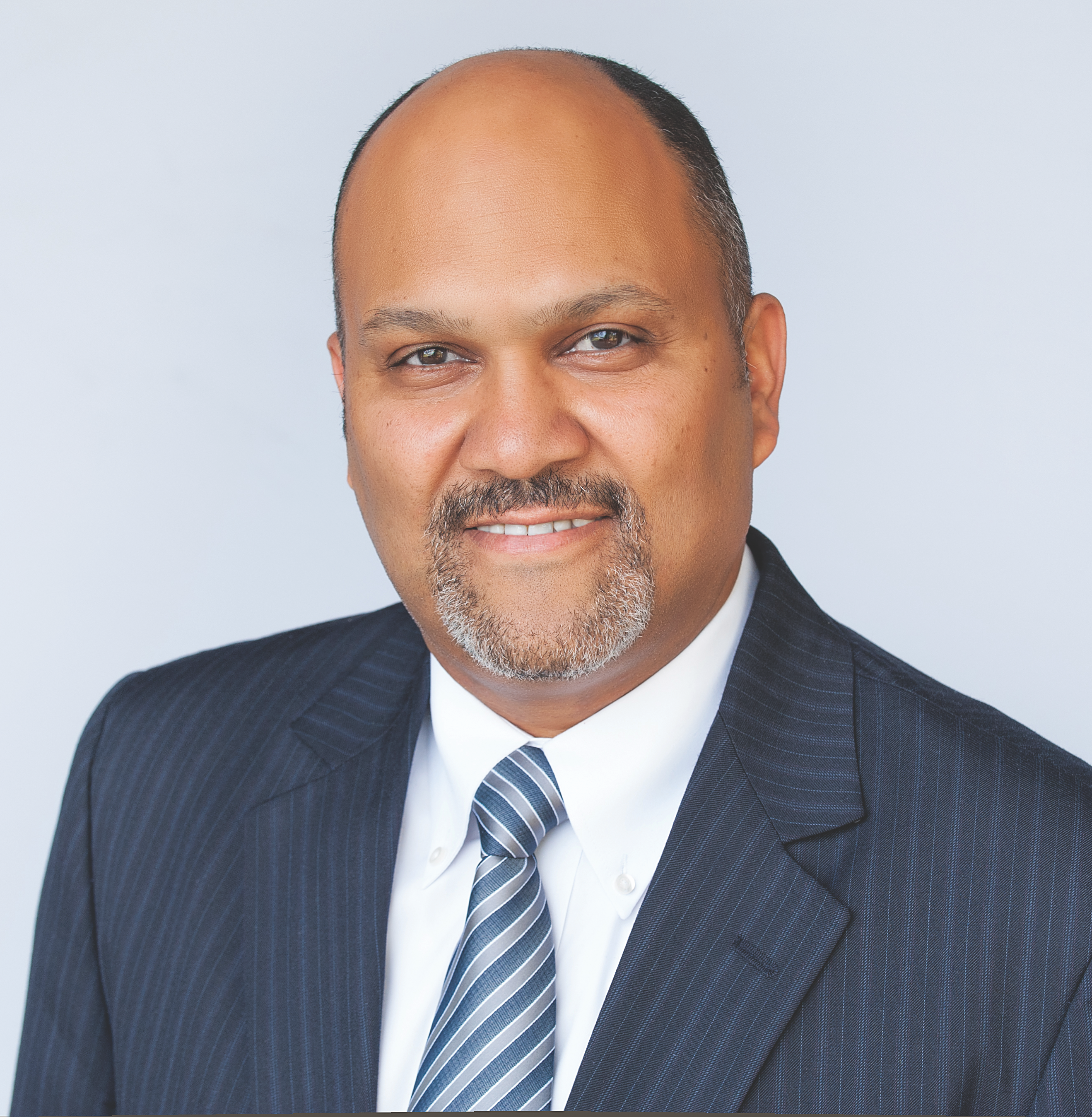
4 minute read
Disciple Making: Effective Evangelization in Modern Times
Virtually all of Christianity understands that the command of Jesus in Matthew 28:16–20 and Mark 16:15–18 is essential for the effective propagation of the gospel, since it contains part of the Galilean Master’s final directives to his beloved flock. God’s intention from the moment of the fall in Eden was to provide a way to rescue human beings from the clutches of the enemy. It is for this reason that Jesus died on the cross, and it is for this very reason that he gave us the strategy to save mankind in the Great Commission. It is precisely in this well-known scripture in Matthew where he asks his disciples to go to all nations and make disciples.
In my perspective, this means that the most effective way to share the gospel of our Lord Jesus Christ to new generations is through discipleship. Christian Andreas Schwarz is a German author, lecturer, and researcher. He is the founder and president of Natural Church Development (NCD) International. His books on the theory and practice of church growth have been published in more than 34 countries. From 1994 to 1996, he directed the most comprehensive research project ever undertaken in the Christian church on the causes of church growth. More than 1,000 churches on five continents participated in this study. Schwarz and his team found that growing churches practiced eight common principles.
One principle was the development of a small group system where individual Christians can find intimate fellowship, practical help, and deep spiritual interaction. All these elements become important when considering a holistic (and biblical) view of the human being. In these groups, people not only talk about Bible texts or listen to interesting explanations from experts, but also apply biblical approaches to the day-to-day affairs of the participants. This is called integral discipleship. This is the kind of discipleship that Jesus used, dealing not only with the spiritual part of the self, but with the whole person. Jesus shared with his disciples the way to live according to the kingdom of God on earth, using biblical principles that were manifested in the daily practice of his own life. I have no doubt that it is for this reason, after spending three years with his small group, that Jesus taught them the way to win the world was to “go into all the world and make disciples.”
Both the example of Jesus and the confirmation of Schwarz’s research show us the importance of integral discipleship. However, this form of evangelism is not universally practiced in the Church of God of Prophecy. Nevertheless, I cannot fail to mention that there are a small handful of nations and churches that use discipleship as a growth strategy. Also, those churches that do it well have had excellent results.
This way, although apparently preferred by Jesus, is not practiced in most of our churches, but I believe it is time to do so. Although our church has experienced considerable growth in the world in the last 25 years, this growth exists because of the efforts of a small group of nations but not all of them. I am convinced that if each pastor within our church, together with his leadership group, decides to disciple his Christian community holistically, we will experience a greater growth than we have obtained so far, and I assure you, our churches will be better churches.
If we initiate and use a good system of integral/holistic discipleship, we will lose fewer members, our churches will grow in a biotic or natural way, and we will have healthier churches focused on the shalom of our communities. After all, this is the will of Jesus of Nazareth.











